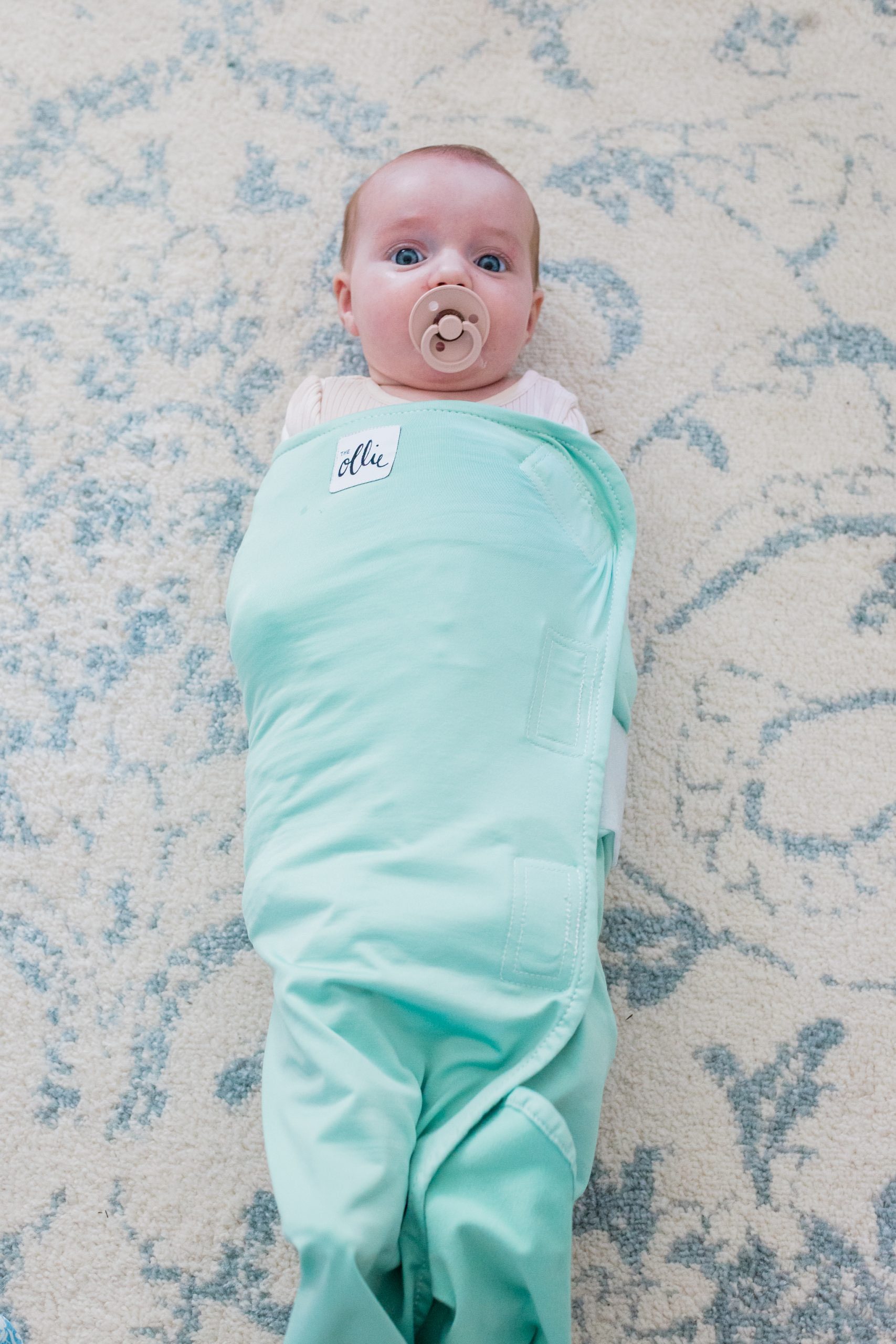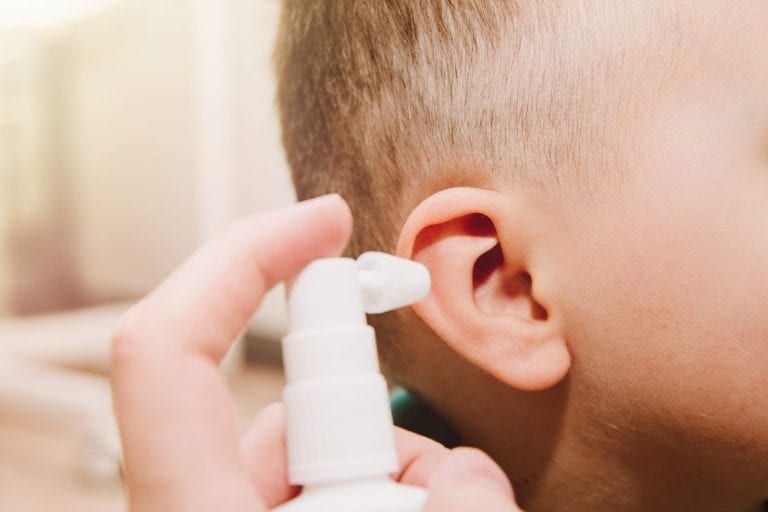B is for Bonding
You didn’t wait for baby to be born to begin bonding. Was it with the positive pregnancy test or the first flutter in your belly? You and baby have been bonding all along—as you spoke to baby, touched your belly and sang to her before birth. No wonder baby recognized you when she was born!
Was it “love at first sight” when you met baby? Some moms and dads need more time to develop those strong attachments. Bonding is a process; there’s no time limit for this. Throw out a timeline knowing those bonds eventually develop when baby is raised in a loving and nurturing home.
ALSO READ: The Importance of Dad and Baby Bonding
Bonding in Baby’s Development
Bonding is critical for normal development. Your relationship with baby is the first intimate relationship for your child and it sets the stage for future healthy relationships. This is just as important for your partner and baby too. When your connection with your little one is strong and loving, it brings trust and makes her feel safe and protected. This sense of security fosters her strong sense of positive self-esteem.
One of the most powerful bonding tools is touch. A baby’s soft, delicate skin is sensitive to sensations created by gentle stroking and caressing. Skin-to-skin contact has been shown to improve infant sleep, decrease crying time, promote successful breastfeeding and fulfill baby’s need for human contact.
As you cuddle and snuggle with baby, you benefit too. Your body releases oxytocin—the “love” hormone—which relaxes you and also creates strong feelings of fierce protectiveness. No wonder so many mamas refer to themselves as grizzly bear mamas when it comes to their cubs! Oxytocin also calms you and generates feelings of overall wellbeing, reducing your risks of .
SEE ALSO: Breastfeeding & Postpartum Depression
Struggling to Connect?
When bonding isn’t natural or smooth, seek help from your healthcare provider. Nurses have excellent advice for starting and sustaining bonding, and how to help the process should you get off track along the way.
SEE ALSO: Breastfeeding Success in the Early Days
Mythbuster: Can You Spoil a Newborn?
Build That Bond
- Gazing into your baby’s eyes
- Talk to your baby—it encourages speech and intelligence
- Smile or make funny faces at her
- Hold her skin-to-skin
- Sing your favorite lullaby or song
- Read books—get started on this good habit
- Make bath time fun
,












